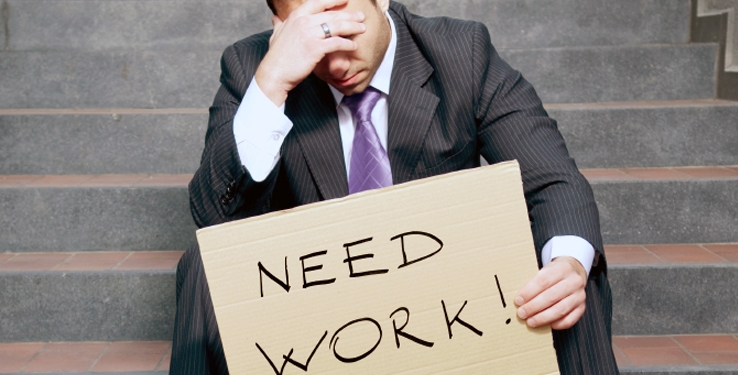 Parler
Parler Gab
Gab
- Palestinian families are fleeing ancestral lands as violent Israeli settlers burn crops, cut water supplies, and terrorize villages in a campaign of forced displacement, escalating ethnic cleansing.
- Settler attacks have surged, displacing 40,000 Palestinians since January, with 1,449 attacks last year—the highest in two decades—while illegal settlements expand unchecked.
- Recent settler violence includes torching wheat fields, uprooting olive trees, slaughtering livestock, and forcing 150 Palestinians from Mughayyir al-Deir in a coordinated intimidation campaign.
- Israeli soldiers and police stand by as settlers attack, with officials like MK Zvi Sukkot openly endorsing violence, while global silence enables continued violations of international law.
- Many displaced Palestinians are refugees from the 1948 Nakba, now facing a repeat of history as state-backed settlers erase their presence village by village.
A wave of destruction and displacement
On May 25, settlers attacked Palestinians in Jericho’s Al-Auja Waterfall area for the third time in 24 hours, part of a push to seize land for a new illegal outpost. The day before, they severed the village’s water supply. Near Nablus, settlers set fire to wheat fields in Sebastia, destroying 40 dunams (nearly 10 acres) of crops. "The colonists came from the Shavei Shomron settlement and a newly established outpost in the area. The arson targeted farmland in the village's plain, destroying crops owned by local Palestinian residents," said Sebastia’s mayor, Mohammad Azem. In Hebron, 70 olive trees—a lifeline for Palestinian farmers—were uprooted. Near Bethlehem, settlers slaughtered goats and sheep, targeting Bedouin livelihoods. "They attack us with stones and abuse," said Mustafa Khater, a Bruqin resident, where settlers burned homes and vehicles last week. The most shocking case unfolded in Mughayyir al-Deir, where extremist settlers, including UK-sanctioned Elisha Yered, forced 150 Palestinians to flee after a five-day intimidation campaign. Yered boasted on social media: "This is what redemption looks like!... This outpost contained about 150 people from the enemy population, but it was broken."Military complicity and global silence
Israeli soldiers and police stood by as settlers harassed families dismantling their homes. One villager, too afraid to be named, told reporters, "We are all leaving." The settlers’ tactics—arson, beatings, and livestock killings—mirror those used in other emptied villages like Wadi as-Seeq. Despite a "stop work" order for the illegal outpost, authorities took no action. Far-right MK Zvi Sukkot even visited the site, declaring Israel could "kill 100 Gazans in one night" without global backlash. Meanwhile, Israel’s military insists it acts to "ensure security" in a claim mocked by Palestinians who watch soldiers shield settler violence. The UN notes that settlement expansion has accelerated under Prime Minister Benjamin Netanyahu, with ministers like Bezalel Smotrich openly advocating annexation. Since October 2023, nearly 970 Palestinians have been killed in the West Bank by soldiers or settlers.A laboratory of oppression
Israel’s occupation, now in its 57th year, operates as a testing ground for repression. The International Court of Justice ruled Israel’s occupation illegal last July, demanding settlements be evacuated. Instead, attacks intensify. For displaced families, this is déjà vu. Many uprooted from Mughayyir al-Deir were already refugees from the 1948 Nakba. Now, history repeats as settlers, emboldened by state backing, erase Palestinian presence village by village. Sources for this article include: TheCradle.co Yahoo.com Reuters.com MiddleEastMonitor.com TheGuardian.comTrump administration cracks down on foreign truck drivers amid safety concerns
By Laura Harris // Share
Unemployment rates spike in Democrat-led states as residents flee liberal strongholds
By Laura Harris // Share
Centralized AI’s stranglehold threatens democracy: Can decentralized AI fight back?
By Ava Grace // Share
Governments continue to obscure COVID-19 vaccine data amid rising concerns over excess deaths
By patricklewis // Share
Tech giant Microsoft backs EXTINCTION with its support of carbon capture programs
By ramontomeydw // Share
Germany to resume arms exports to Israel despite repeated ceasefire violations
By isabelle // Share










